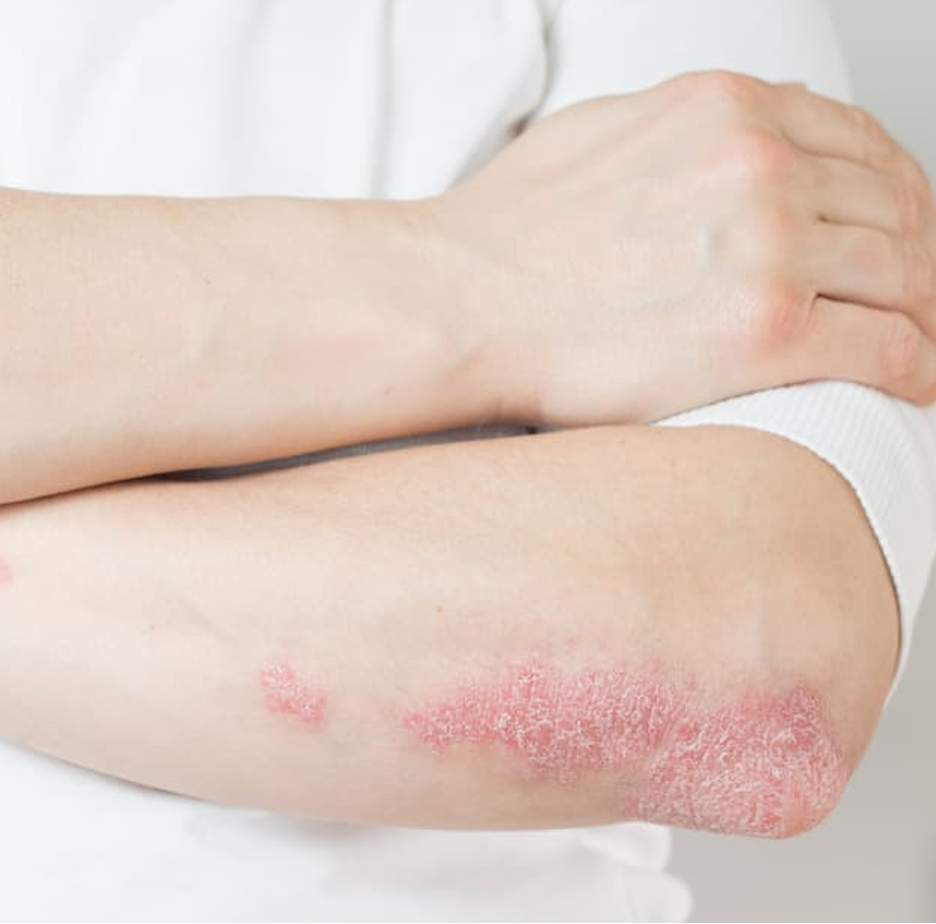Article
PsA Drugs Continue to Rack Up Wins
The news from phase 3 trials of psoriatic arthritis treatments is upbeat: certolizumab pegol (Cimzia), apremilast (Otezla), and secukinumab (Cosentyx) all continue to show positive effects.
The latest results from phase 3 trials of psoriatic arthritis (PsA) treatments are upbeat. Certolizumab pegol (Cimzia),apremilast (Otezla), and secukinumab (Cosentyx) continue to show positive effects.
The multi-center RAPID-PsA trial of certolizumab pegol (CZP), a PEGylated Fc-free anti-tumor necrosis factor (TNF), shows it to be safe and effective for PsA patients over 96 weeks of treatment – even among those previously treated with TNF blockers.
The trial had randomized 409 patients with active PsA to one of two CZP regimens (200 mg bi-weekly or 400 mg every 4 weeks) or a placebo (n=136) for 24 weeks. Patients were then re-randomized in a double-blind fashion for 48 weeks.
The current results, from the open-label extension to week 216, show that more than 60% of patients achieved a 20% improvement in ACR response criteria (ACR20 by week 96 -– with or without previous TNF exposure.
Improvements were seen in clinical outcomes -- dactylitis, enthesitis, peripheral arthritis, and skin involvement –- as well as in patient-reported outcomes.
These are important findings, the researchers say, because PsA patients frequently cycle through different TNF drugs and other biologicals have not shown much efficacy as secondary treatments. CZP is not yet approved for PsA.
Placebo recipients who switched to CZP in the double-blind phase of the trial achieved rapid clinical improvements and maintained those results to week 96, the RAPID-PsA researchers report in the BMJ open journal Rheumatic and Musculoskeletal Diseases.
Safety data were on par with results reported at 24 weeks (87% of patients had adverse events, 17% had serious adverse events, 6 of them fatal).
Phase 3 trial data for apremilast and secukinumab were reported at the 2015 annual meeting of the European League Against Rheumatism (EULAR).
Secukinumab, the first IL-17 antagonist, provided sustained improvements to 52 weeks in signs and symptoms of ankylosing spondylitis (AS) -- reducing inflammation, and improving physical function and health-related quality of life.
The MEASURE 2 trial had randomized 219 patients, who had active AS despite therapy with NSAIDs, to one of two subcutaneous doses of secukinumab (150 or 75 mg every 4 weeks) or placebo.
Of those who completed the trial, more than 61% achieved an Assessment of Spondyloarthritis International Society 20% response (ASAS20) with secukinumab 150 mg vs 28.4% with placebo.
Secukinumab 150 mg also significantly improved disease activity measured with the Bath Ankylosing Spondylitis Disease Activity Index (BASDAI), high sensitivity C-reactive protein (hsCRP), and other secondary endpoints.
However, clinical responses with secukinumab 75 mg did not reach statistical significance, the MEASURE investigators told the EULAR meeting. The most common serious adverse events were infections.
Secukinumab was approved in January for moderate to severe plaque psoriasis.
Apremilast, an oral phosphodiesterase4 (PDE4) inhibitor, is approved for PsA.
Pooled long-term data for almost 600 patients in the PALACE 1, 2, and 3 clinical trials, reported at EULAR, show sustained efficacy for the drug in PsA.
Over 104 weeks, apremilast improves enthesitis and dactylitis and continues to show an acceptable safety profile, the investigators say.
References:
Mease P, Deodhar A, Fleischmann R, et al. Effect of certolizumab pegol over 96â weeks in patients with psoriatic arthritis with and without prior antitumour necrosis factor exposure. RMD Open. 2015;1:e000119 doi:10.1136/rmdopen-2015-000119. Published online June 25, 2015.
Sieper J, Braun J, Baraliakos X, et al. Secukinumab significantly improves signs and symptoms of active ankylosing spondylitis: 52-week data from MEASURE 2, a randomized, double-blind, placebo controlled phase 3 trial with subcutaneous loading and maintenance dosing. EULAR 2015, Rome. OP0168. DOI: 10.1136/annrheumdis2015eular.2787
Gladman D, Kavanaugh A, Adebajo A, et al., Apremilast, an oral phosphodiesterase 4 inhibitor, is associated with long-term (104-week) improvements in enthesitis and dactylitis in patients with psoriatic arthritis: pooled results from three phase 3, randomized, controlled trials. EULAR 2015, Rome. OP0169 DOI: 10.1136/annrheumdis2015eular.3594

Real-World Study Confirms Similar Efficacy of Guselkumab and IL-17i for PsA




